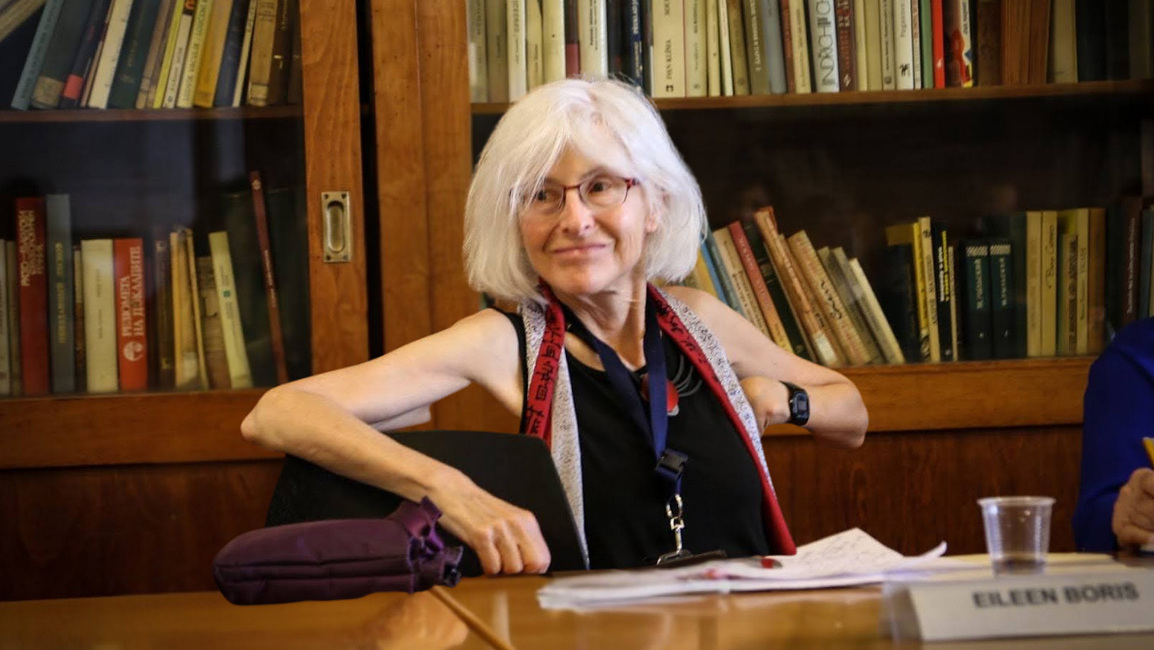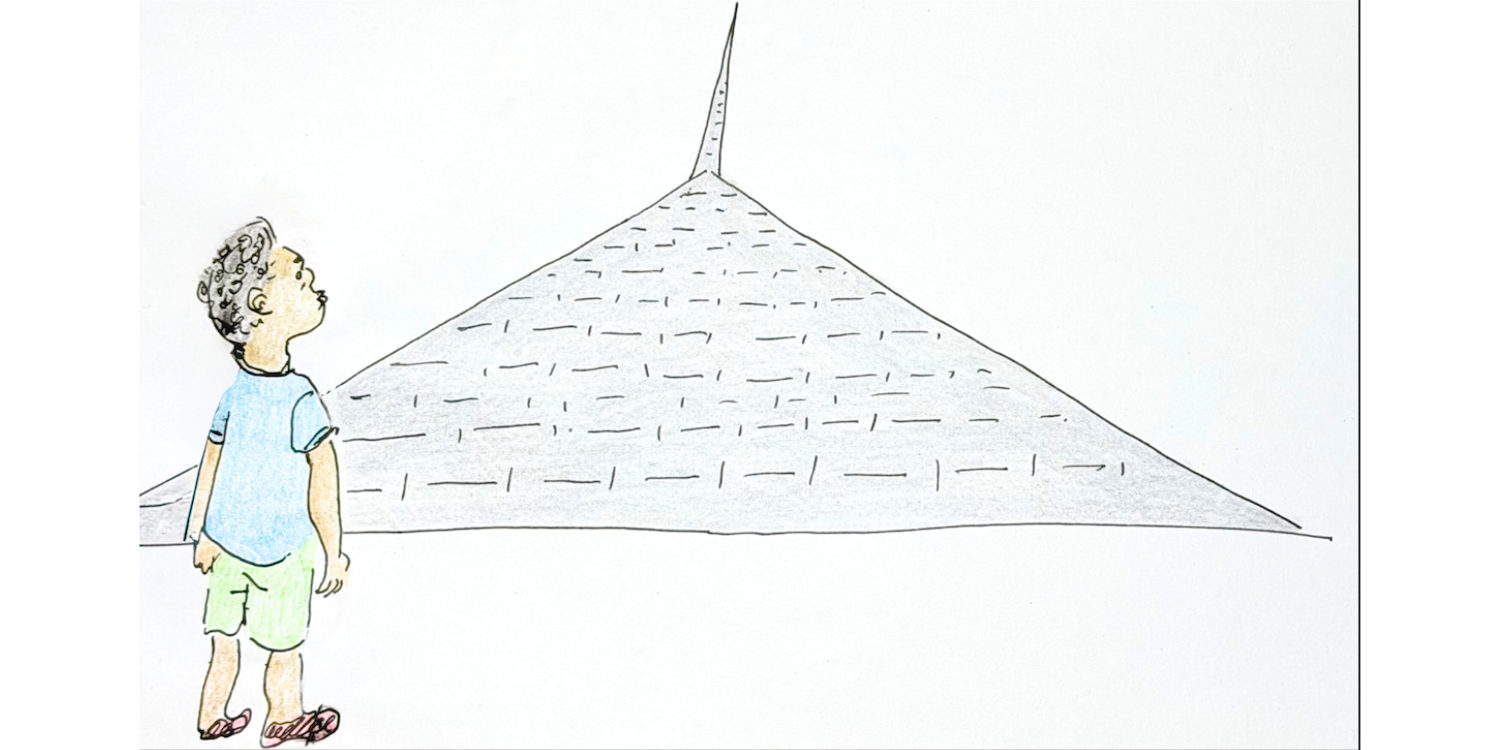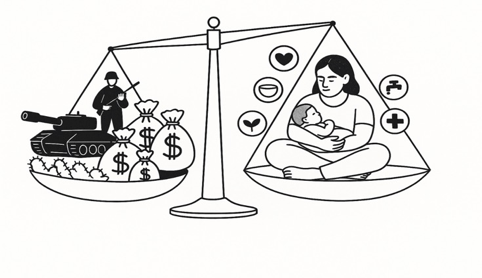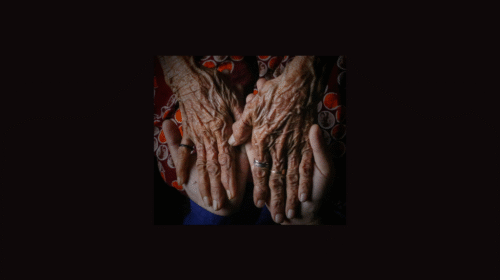Social Care

The Activist Intellectual Legacy of Eileen Boris
Eileen Boris’s retirement conference looks toward the future of the history of care work.
Book Conversation with James McMaster
Join us for a conversation with writer and scholar James McMaster about his new book Racial Care: On Asian American Suffering and Survival. Through this work, McMaster examines the forms of care that Asian Americans have taken up to survive racialized suffering under neoliberal capitalism and white supremacy, showing how care can both sustain life and extract it from those who perform it. At the Care Lab, Smith Warehouse, Bay 4.
Cooperatives and Care
The Revaluing Care in the Global Economy project hosts an online seminar on Cooperatives and Care, exploring the social and cultural role of cooperative organizations in revaluing care and labor. Wednesday, November 5, 2025 · 10:05–11:20 AM ET, online.

Taxing the Top
As the distribution of both wealth and income has become unequal, political efforts to tax the top to finance investment in public goods like childcare have gained traction.

Back to the Future? Women’s Work and Care in Argentina
In Argentina, the Milei government’s austerity agenda has dismantled the fragile infrastructures that sustain everyday life. Cuts to care programs and gender institutions have shifted social reproduction back onto women’s unpaid labor. The article traces how this erosion of care undermines both equality and democracy.
Book Conversation with Emma Amador
Join us for a conversation between historians Emma Amador and Cecilia Márquez. Drawing from her new book The Politics of Care Work (Duke University Press), Amador will explore how Puerto Rican women organized for social and economic justice through care work, both on the island and in the continental U.S., from the early 20th century to the present.
Reproductive Justice and Economics
The Revaluing Care in the Global Economy project hosts an online seminar on Reproductive Justice and Economics, exploring how feminist economic frameworks can center reproductive justice as a core research paradigm. Wednesday, October 1, 2025 · 10:05–11:20 AM ET, online.

The First 1,000 Days of Life Are the Real National Security
What if early childhood care is the key to preventing violent conflicts?
Care Conversation with Lina-María Murillo
Join us for a conversation between historians Lina-María Murillo and Sarah Deutsch. Drawing from her new book “Fighting for Control” (UNC Press), Murillo will explore the long arc of reproductive justice organizing in the U.S.–Mexico borderlands and the cross-border practices of care and resistance that continue to shape it.
Gender-Equitable Growth
The Revaluing Care in the Global Economy project hosts an online seminar on Gender-Equitable Growth, examining how social reproduction shapes U.S. state-level economic outcomes. Wednesday, September 24, 2025 · 10:05–11:20 AM ET, online.
Women’s Work and Care in Argentina
The Revaluing Care in the Global Economy project opens its Fall 2025 Working Papers Seminar Series with an online seminar on women’s work and care in Argentina, exploring how labor and care have been reshaped in the neoliberal era. Wednesday, September 17, 2025 · 5:30–7:00 PM ET, online.

Is it Love and Unpaid Work? Variations on an Emerging Profession in the Popular Care Economy
Argentina’s popular care economy reopens questions about knowledge and labor “from below”, as well as their economic, political, and societal valorization in processes of professionalization.